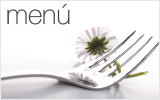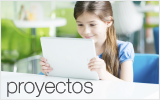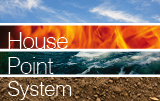LEARNING STYLES AT HUMANITAS
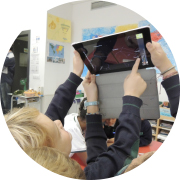
A. Personalised: the pupil is at the core of the whole teaching-learning process and must be respected and responded to properly in his or her personal and educational needs, while taking into consideration previously-acquired knowledge and skills.
A BILINGUAL PROJECT: ENGLISH-SPANISH AND MANDARIN CHINESE

With the aim of promoting a natural environment that achieves a bilingual climate in the school, real immersion in the English language is necessary, this begins during the Nursery years and is continued into the primary school, where students receive 45% of the 32.5 teaching hours a week, in English.
Our international staff plays an important role; there are teachers of numerous nationalities, which provide a multicultural ambiance, enriching Humanitas students for challenges in the future. All the teachers of English subjects are aware of these objectives, and so communicate with their students, at all times, in this language.
WORKING THROUGH PROJECTS AND GLOBAL PROJECTS

In the Primary department, each term the contents of different areas are related to a central or globalized topic. During this school year, the topics for example, are sequenced as follows: in the first term, the central topic will be a scientific –based topic, where each year group concentrates on a different ecosystem. In the second term the central topic will be an historic- based theme and each year group centres on a specific historic period. In the third term the central topic will be a literary one and each year group will be responsible for a specific literary genre.
COOPERATIVE LEARNING
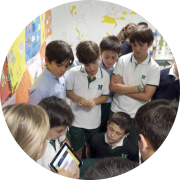
Through the methodology of cooperative learning, we promote the acquisition of skills, values and social skills, as well as maximizing the potential of teaching space (inside or outside the classroom). It is a learning resource; by learning from both the teacher and peers, it allows students to develop self-confidence in their own abilities and promotes respect and tolerance of other people’s ideas.
WORK IN ACTIVITY CORNERS: AUTONOMY AND CREATIVITY
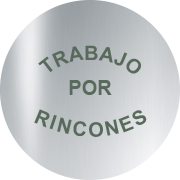
The same as in the Infant department, this way of working is also used in 1st, 2nd and 3rd grades of the primary department. We dedicate three sessions a week to work in activity corners. Students have a range of activities to choose from; mathematics, Spanish language, English language, science and art – each activity is planned to last for one or two weeks. There are also ‘relax’ corners where children can read quietly or carry out quiet activities, there is also a ‘symbolic play-corner’, a fundamental area where children can express their feelings and develop creative thinking.
MATHEMATICAL THINKING (ABACUS AND PROBLEM SOLVING)
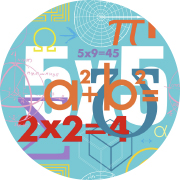
In the development of logical thinking, we use two programmes in the area of mathematics, one for mental arithmetic and the other for problem solving. With both programmes, we stimulate the pupils’ use of imagination, academic performance, creativity, visual memory, concentration, the ability to observe, and the capacity for analysis and synthesis.
READING AND WRITING
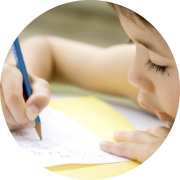
During the early years, our students work on spelling through songs and pictogram- drawings, later they develop their visual memory, all supported by I-pad applications. In addition to the HBS Reading Project, students are able to improve their reading comprehension, attention and visual skills, expand vocabulary, improve syntax and reading with our ‘Effective Reading’ project.
PUBLIC SPEAKING AND DEBATE
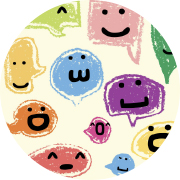
From an early age, students are trained in various skills which require them to carry out presentations and exhibitions in public, either in Spanish or English, thus improving communication and relationship skills. Debates and assemblies are all considered part of everyday lessons in Humanitas.
BIG BROTHER PROJECT
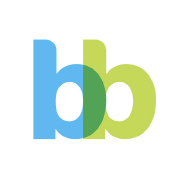
This is a vertically-structured project where older students coexist and carry out work with younger partners, and vice versa. This project aims to establish links between students at different stages. For example, 2nd and 6th grade primary students write stories to be selected and performed by students in the Secondary department. Social reinforcement is one of the essential elements of this initiative.
EMOTIONAL INTELLIGENCE
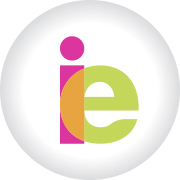
Emotional education is a continuous process that we want to develop in our students throughout their schooling, allowing them to resolve problems related to emotions and feelings. In our programme we take into consideration emotions and feelings such as happiness, sadness, hostility, frustration, hopelessness, fear, free will…
HEALTH EDUCATION
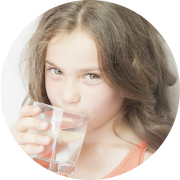
The school nurse, together with the physical education department, develops and carries out several health education programmes. As well as first aid, they provide workshops about DENTAL care, POSTURAL health, hygiene and healthy eating. In primary, they encourage pupils to take part in the project “Break times with fruit”; students are asked to bring a piece of fruit to eat during their morning break time.
I.C.T

In addition to the development of the subject of ICT, from the age of 3, Humanitas develops many projects related to this subject; ranging from the use of virtual reality, to the generation of video programmes ‘Stopmotion’, along with web sites, QR Gymkhanas or the elaboration of conceptual maps that support every subject taught at school. Our aim is to create clear and consistent digital competence in our students.
YOUNG INVENTORS
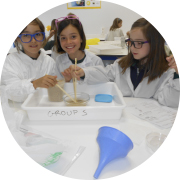
The Department of primary science aims to promote scientific curiosity, entrepreneurship and respect for the environment, dissemination and communication among peers and develop different activities and projects.
With the collaboration and coordination of the Secondary science department, different practical activities are carried out in the laboratories in various subject areas, from mathematics to the Sciences.
FLIPPED PLAYGROUND
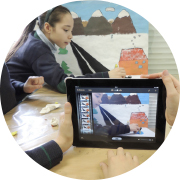
The project is designed to enrich teaching and create a more enjoyable classroom for students and teachers, through play. Transferring activities to the outside areas, teachers are able to deal with many of the demands of present –day teaching. They are required to design activities that lend themselves to multiple intelligences, motivate children or encourage the researcher- instinct of the students. All of which is made easier in an exterior, more attractive and pleasant environment instead of in the normal classroom environment.







